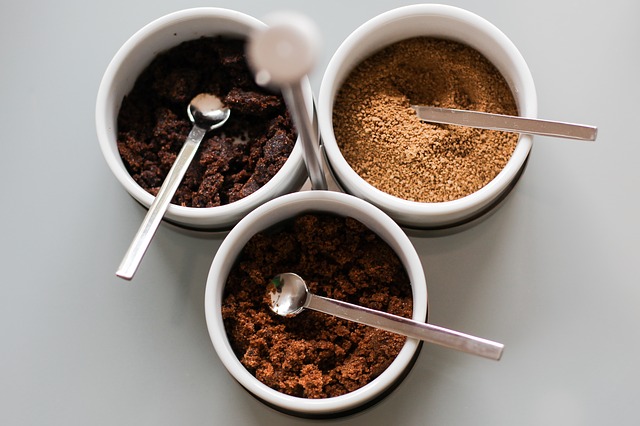In an effort to manage their diabetes, many people are seeking new sources of sweeteners that have a lesser effect on their blood glucose levels. The latest sweetener to hit the shelves in the U.S. is monk fruit. No adverse side effects have been reported, but that doesn’t mean it should be consumed with wild abandon. The impact and effects of monk fruit haven’t been studied in people with Type 2 diabetes.
Monk fruit has received the “generally recognized as safe” (GRAS) designation from the Food and Drug Administration (FDA). The sweetener is said to be no-calorie and it’s intensely sweet. Monk fruit is being widely used as an alternative to traditional sugar since it satisfies a yearning for sweetness, while being low in carbohydrates.
It can be 150 to 200 times sweeter than traditional sugar and used in baked goods because its stable at high temperatures. It’s used in the manufacture of products that include candy, juices and soft drinks, condiments, desserts and dairy products.
The American Diabetes Association indicates that monk fruit sweetener may be an acceptable substitute for diabetics that regularly consume sugar, honey and agave syrup – when used in moderation. Endocrinology and metabolism specialists at the Cleveland Clinic say there’s no studies or evidence that monk fruit has any health benefits.
Monk fruit is native to Southern China where it’s known as lo han guo or swingle fruit. The sweetener is produced by crushing the fruit and filtering out the skin and seeds. The liquid can be used as a liquid or turned into a powder. During the manufacture of monk fruit as a sweetener, it’s often blended with a carbohydrate called erythritol to aid in making in look and taste more like regular sugar.
However, some people are allergic to monk fruit. Signs of an allergic reaction can encompass developing hives or a rash, wheezing and/or difficulty breathing, and a rapid or weak pulse. Additionally, it can cause dizziness, a swollen tongue, stomach pain, and vomiting.
If you would like to find out about earning cash for your unwanted, unused and boxed test strips, complete our online quote form today.
If you have extra, unopened and unused boxes of diabetic test strips – whether you have switched brands, no longer need to test or test less frequently, or have a loved one who has passed away – don’t let them gather dust until they’ve expired and end up in the trash. We’re the best place to sell diabetic test strips online, and if you want to sell your test strips, we’re here to make the process easy and enjoyable!
Visit us at Sell Your Test Strips and get your free quote today!

